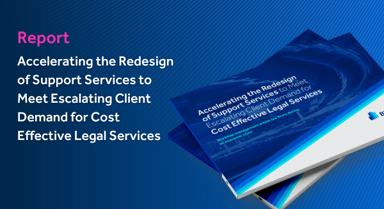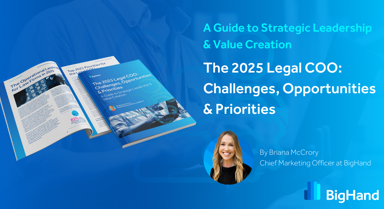Law firms have been aware for years of the fast developing problem created by the retirement of highly experienced support staff, as reported in the last Workflow Management Report. However, the data shows that the problem is getting worse. Almost two thirds (64%) of NA and (61%) of UK respondents are expecting to turnover >60% of their support staff in the next 5 years due to retirement and attrition rates. Of these, over a third (39%) of NA and (32%) UK are expecting to lose >80%.
The shift to hybrid working has reminded many individuals of the importance of the work/life balance – but there are also widening generational expectations that are affecting retention and recruitment. The US workforce currently comprises 35% Millennials, 33% Generation X, 25% Baby Boomers, 5% Generation Z and 2% Traditionalists (also referred to as the Silent Generation). Firms have long been aware of the way generational differences in the workplace can potentially impact how organizations operate and how employees chttps://laboriq.co/news/workplace-communication-across-generationsoexist. Different generations also had varying experiences over the past two years which have reframed their workplace expectations.
Many older workers accelerated their retirement plans, with the number of individuals over 50 leaving the workforce for good citing stress, mental health or a change in lifestyle as reasons for leaving work. For Generation Z and millennials, nearly half (49%) have made choices on their career path and potential employers they’d like to work for based on the organization’s values and ethics. In addition, a quarter of millennials and 22% of Gen Zs said they would like to work in the office “a little to a lot less often” than they did before. For law firms this generational divide demands a far more nuanced approach to support staffing – from the way work is allocated to career development and, of course, hybrid working.
Raising Concerns
While the predicted attrition figures should raise serious concerns for all law firm management, those in the front line believe the situation is even worse. 97% of NA, 98% of UK Support Services Managers expect up to 50% of their support staff to retire in the next five years.
With the on-going pressure on resources across every sector, support staff have an array of choices and employment opportunities and that is affecting the majority of law firms. 75% of NA, 68% of UK confirm increased resignation and churn in the last year has affected support staffing.
Hybrid working is here to stay, and firms need to urgently consider how to create a new operational model that is efficient and optimizes the time, skills and expectations of staff. Something as simple as ensuring that work that needs to be completed in the office is not sent to someone who is working remote can make a world of difference.

Lack of Hard Data
Despite the rapid turnover in staff, 58% of NA, 56% of UK respondents say they use anecdotal evidence that more support is required to make recruitment decisions, suggesting they have no data, insight or visibility to support these decisions. As a result, firms are taking the obvious approach, with 47% of NA and 52% of UK firms automatically replacing staff like-for-like. Is this really the best approach to optimizing support for the firm or would other roles better fit the demand of the business? Does a like-for-like recruitment model tie in with the shift towards centralized teams that firms have been embracing in recent years?
Furthermore, like-for-like replacement is far from straightforward. Respondents cite finding support staff with similar experience as 7 out of 10 or greater in difficulty (8 out of 10 for those running support services for an Office or Practice Group in the UK). This confirms that firms are wasting a great deal of time and money recruiting support staff without any idea of the actual skills required or whether a different level of expertise and experience would be more valuable.
Urgent Action
How are firms going to create the support service that is fit for purpose? Where is the service that provides the fast, trusted access to support functions for lawyers, or meets the day to day and career expectations of support staff? Plus how can they support the urgent need to be more cost effective and transparent with clients?
Structural change to create a support service that meets the needs of both lawyers and support staff is essential. Firms also need to better understand what skills are required and move away from blindly replacing like-for-like. To future proof service delivery, firms need to identify current and emerging skills gaps and put in place robust plans for attracting, retaining and upskilling to safeguard productivity, especially in a hybrid working environment.
This was an excerpt from the report 'Future Proofing Legal Services Delivery with an Efficient Hybrid Support Structure'. Access the full report to dive deeper into the findings from over 800 legal management professionals:







